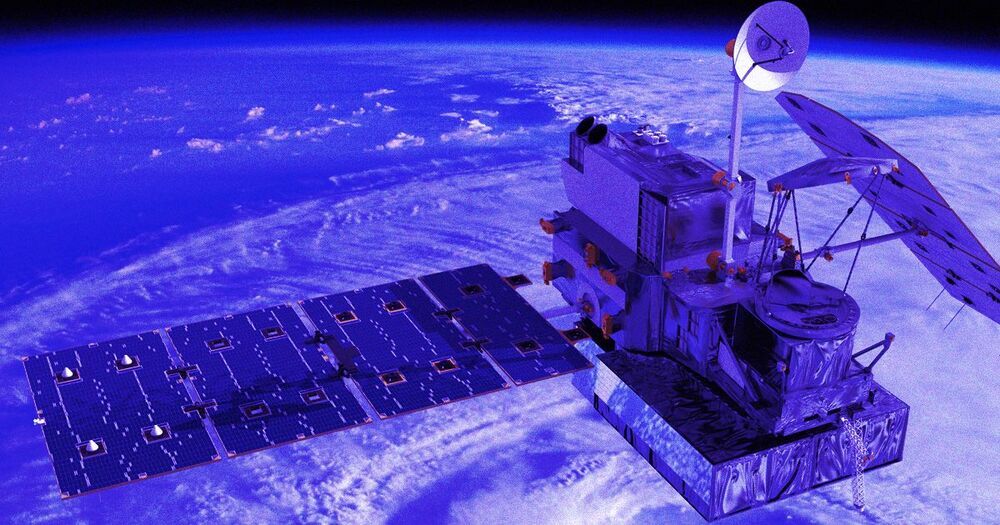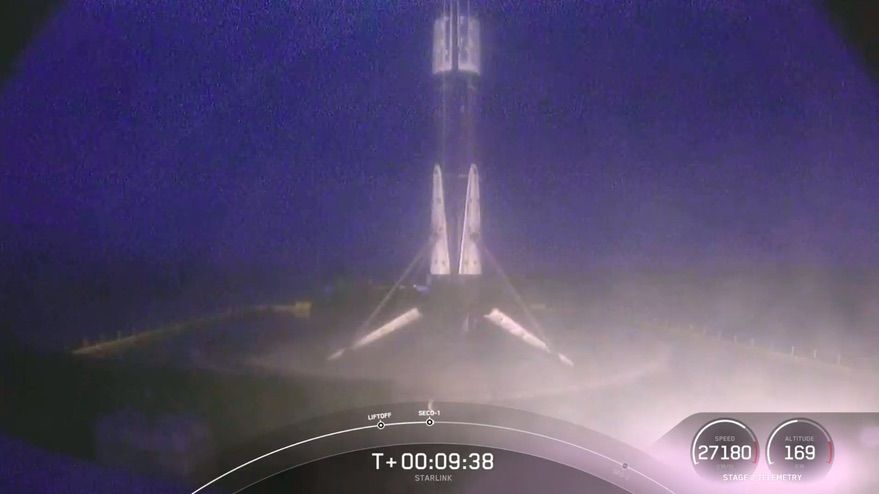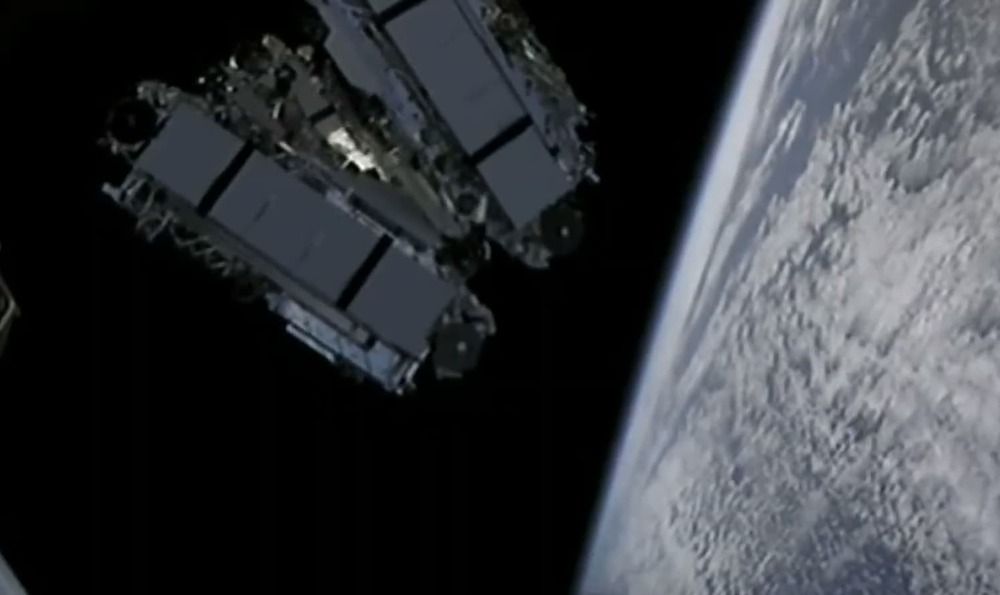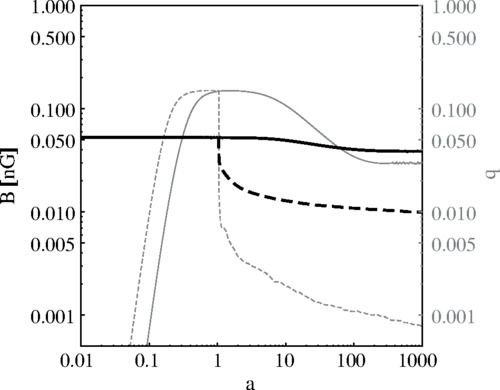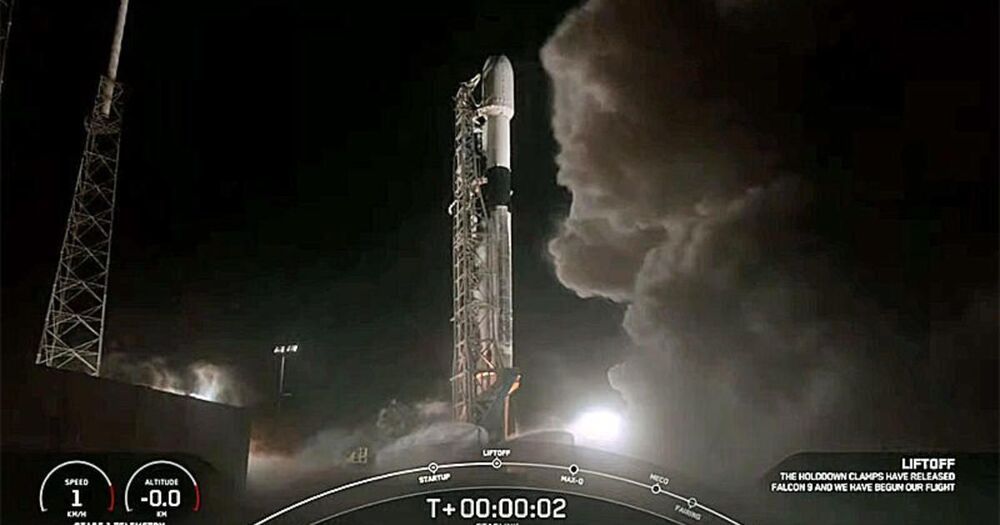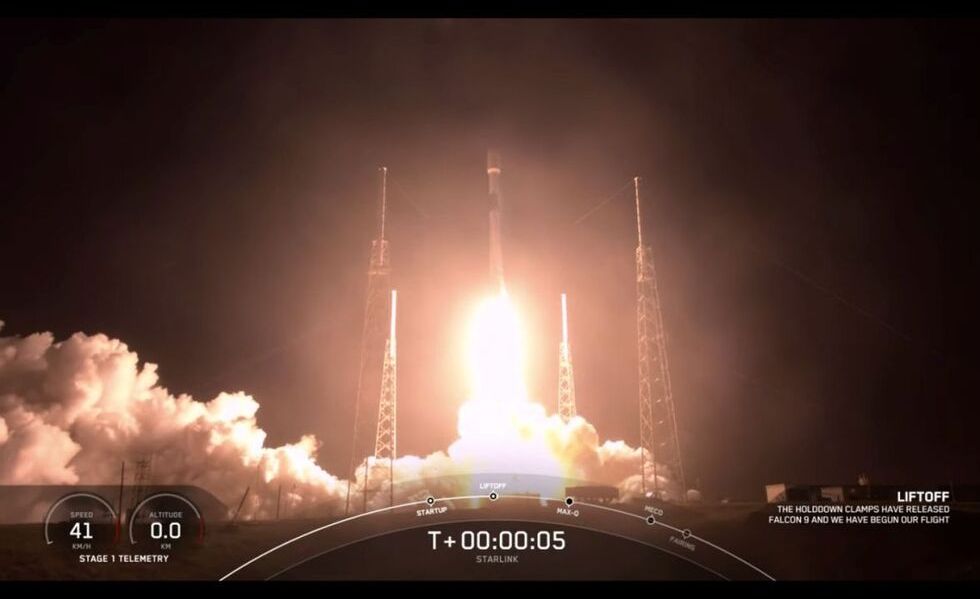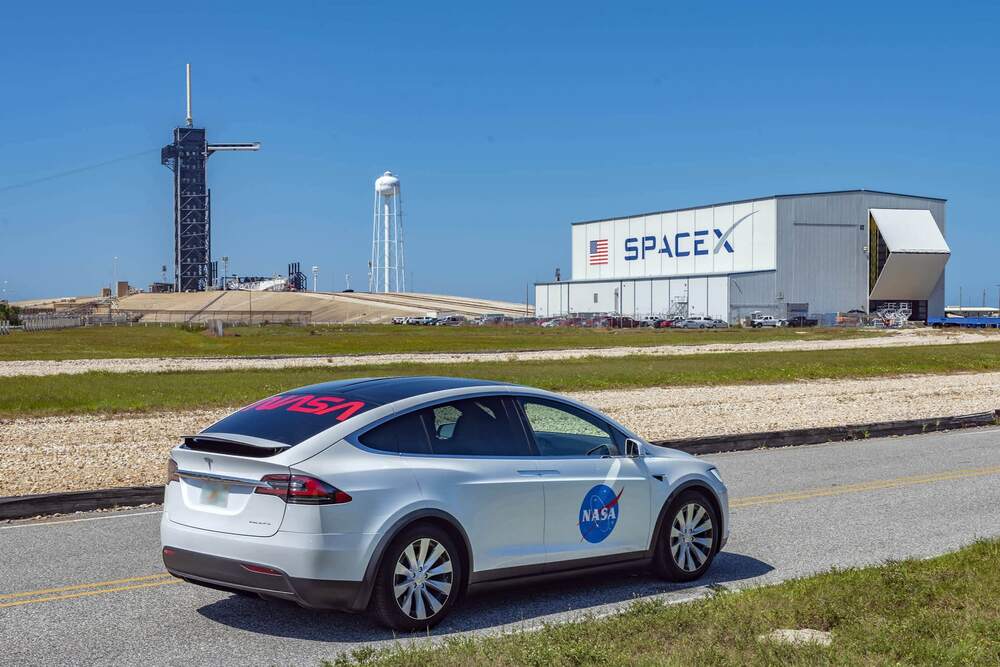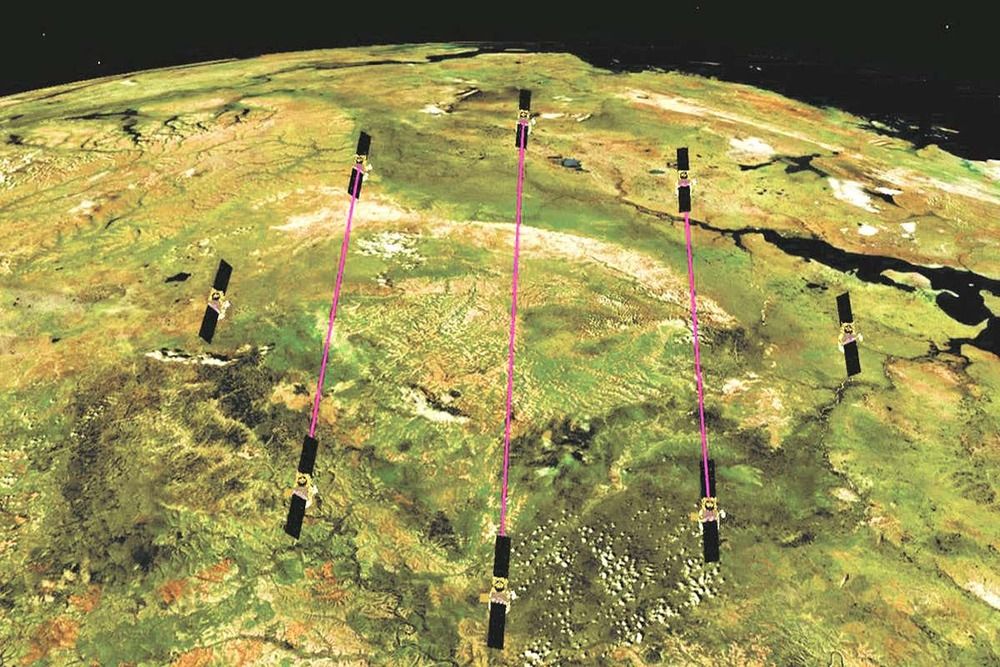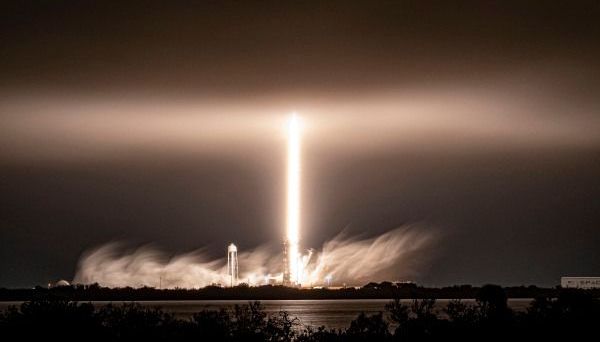5 january 2020.
This paper proposes the use of Flower Constellation (FC) theory to facilitate the design of a Low Earth Orbit (LEO) slotting system to avoid collisions between compliant satellites and optimize the available space. Specifically, it proposes the use of concentric orbital shells of admissible “slots” with stacked intersecting orbits that preserve a minimum separation distance between satellites at all times. The problem is formulated in mathematical terms and three approaches are explored: random constellations, single 2D Lattice Flower Constellations (2D-LFCs), and unions of 2D-LFCs. Each approach is evaluated in terms of several metrics including capacity, Earth coverage, orbits per shell, and symmetries. In particular, capacity is evaluated for various inclinations and other parameters. Next, a rough estimate for the capacity of LEO is generated subject to certain minimum separation and station-keeping assumptions and several trade-offs are identified to guide policy-makers interested in the adoption of a LEO slotting scheme for space traffic management.
Previous chapter Next chapter.

